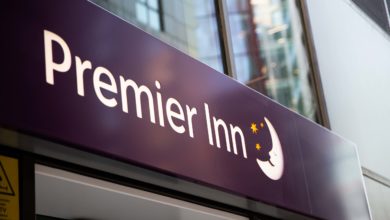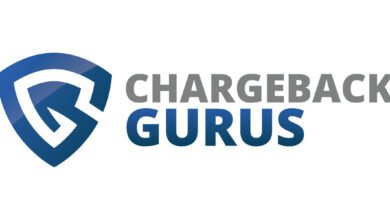
During the current era, the search for information and accommodation bookings predominantly occurs online. Sponsored advertisements significantly dominate the Search Engine Results Pages (SERPs), occupying approximately 60% of desktop space and up to 100% on mobile devices. To maintain competitiveness in the contemporary hospitality sector, it is not merely advisable to invest in search and metasearch advertising campaigns; it is essential to do so in a professional, performance-oriented manner, optimising investments and accurately allocating budgets.
According to a study on Blastness hotels, 50% of direct bookings result from online advertising activities. This highlights the significant impact of advertising on consumer behaviour, serving as a powerful sales and disintermediation tool that can provide a measurable competitive advantage in terms of higher margins.
This data prompts a crucial question for hoteliers: how much should be invested, and how should the advertising budget be distributed to maximise effects?
While the traditional approach involves using a predefined budget, it is not the optimal solution. This method poses the risk of tying investment to spending capacity and suspending campaigns once the allotted budget is exhausted. In contrast, Blastness Always-On management relies on a dynamic and potentially endless budget, allowing flexibility to follow market fluctuations. This approach maximises investments during peak demand and minimises activities when volumes are low, ensuring the highest performance at all times. It even enables competition with the advertising activities of Online Travel Agencies (OTAs), which, due to their substantial spending capacity, often dominate search results.
With Blastness Always-On strategy, budget allocation throughout the year is not a concern. Dynamic ads adapt to demand fluctuations, eliminating the need to pre-determine budget distribution. A common mistake in the traditional approach is reallocating spending based on previous years’ results, risking over or underinvestment in relation to demand trends.
The following graph illustrates the advertising spend for a luxury hotel in northern Italy that adopted an Always-On strategy in both 2022 (grey columns) and 2023 (fuchsia columns), with a 26% increase in the budget for 2023. Comparing the years, it’s evident that only the month of November replicated the results of the previous year. If the budget division had simply repeated that of the prior year, there would have been a dispersion of funds in months like July or August, while in February and April, the allocated expenditure would not have been sufficient to cover a significant portion of the demand.
The normal fluctuations in seasonality, market pressure, competitor activity, and the ever-changing landscape of advertising platforms pose a significant challenge in accurately predicting budget distribution throughout the year. When we factor in time-related variables, such as language and keywords, it becomes evident that even the most experienced professionals struggle to predict with absolute precision which choices will yield the best performance.
In response to this challenge, Blastness has developed a Bid Management System powered by Artificial Intelligence algorithms. This system adjusts advertising investment in a data-driven manner to target users most likely to make a purchase. By incorporating website, market, and competitor data, the system dynamically adapts advertising investment and introduces new relevant keywords. The result is increased visibility among search results, creating what is known as the “web real estate” effect.
One common concern among hoteliers venturing into advertising campaigns for the first time is the potential impact on organic results, with the fear that an uptick in bookings from advertising activities might lead to a decline in direct and organic bookings. However, as illustrated in the final graph depicting the origin of bookings at a coastal resort in Southern Italy from 2018 to 2023, the rise in bookings stemming from search and metasearch advertising campaigns serves as a catalyst for the growth of organic bookings. This creates a virtuous circle, resulting in evident enhancements to the hotel’s business.
As bookings from search or metasearch advertising campaigns increased, there was a corresponding rise in organic results. Contrary to concerns, paid activities did not diminish the percentage of direct bookings; instead, the heightened visibility achieved through sponsorships positively impacted both organic visibility and direct bookings.
Maintaining a high ranking in the Search Engine Results Pages (SERPs) also amplifies the billboard effect, indicating the number of users who initially search for accommodation online and then complete the booking offline via phone, email, or in person.
In the fiercely competitive hospitality scenario, the critical decision lies not in the budget size or its distribution throughout the year but in the strategic approach. To achieve maximum performance, an Always-On and reservation-oriented strategy, like that of Blastness, is essential. Thanks to the Pay per Reservation contractual formula, Blastness handles the entire activation and management process of campaigns, with compensation varying based on the value of tracked reservations. This approach eliminates investment risks for the hotelier and ensures guaranteed results.









